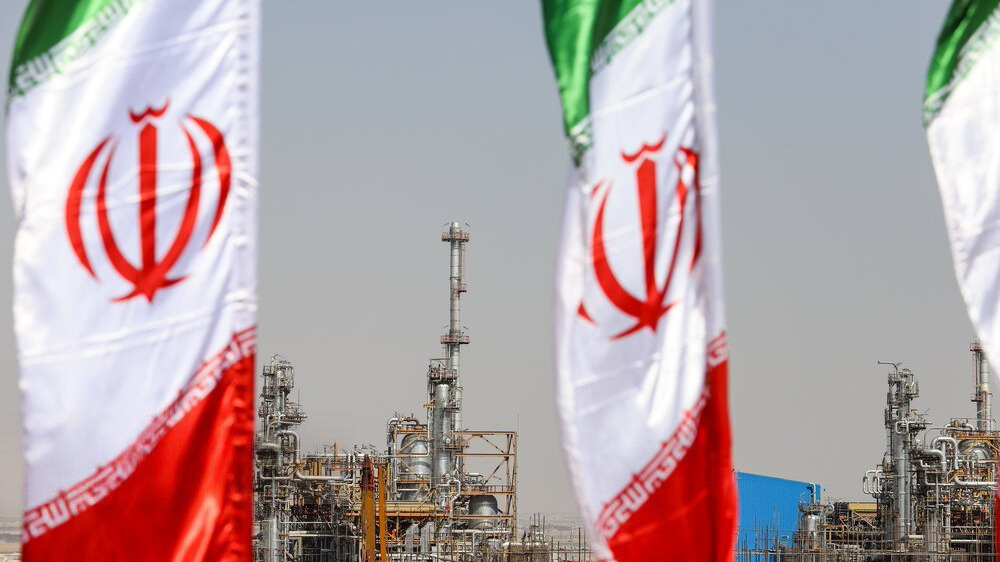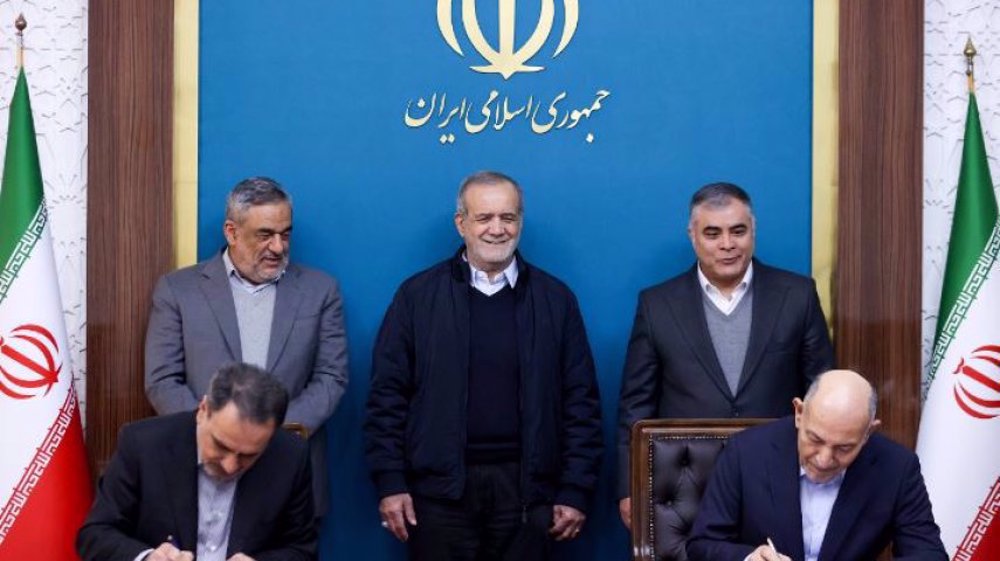Iran scrambles to save water resources
Iran has allocated $10 billion to harness cross-border water resources as the country is struggling with a growing water shortage problem, Vice President Mohammad Shariatmadari said on Thursday.
Several fresh water rivers flowing upstream Iran have been shrinking, leaving agriculture, ecology, lives and many livelihoods at stake.
Hamoun, in the country’s southeast, is the most serious example which has run dry in the wake of a massive dam built with American funding in Afghanistan.
As a result, the majestic wetlands have become parched, affecting more than 2 million residents in Iran’s Sistan-Baluchestan province where many villages and towns have entirely been banished.
In the south, Arvand River formed by the conflux of the Tigris and Euphrates downstream Iraq is menacingly becoming depleted.

The Tigris has its source in Taurus mountains in Turkey, which has been chocking the flow through excessive damming, diversion and exploitation. The Euphrates, also originating in Turkey and crossing Syria, faces similar fate.
Another Iranian river coming down from Turkey is Aras which drains tributaries in Armenia and Azerbaijan before trickling into Iran in declining volumes in recent years.
Iranian media have also accused neighboring Turkmenistan of excessive pumping of deep-well waters in the country’s east and leaving many Iranian border villages scorched.

Experts believe the problem is on course to deteriorate in the absence of basin agreements among the countries on allocation and management of cross-border fresh water resources.
President Hassan Rouhani has cited water as a national security issue. Last month, Energy Minister Hamid Chitchian warned of possible water supply cuts and rationing in the summer, calling on the public to slash consumption.
“The only condition which will enable us to avoid a cut is for the people to control and limit their consumption and help the Energy Ministry save water,” the minister said in a blunt warning.
According to deputy Interior Minister Esmaeil Najjar, more than 500 Iranian cities are struggling with drinking water shortage.
HB/HB
Israeli minister blasts Trump’s ‘Board of Peace’ plan, calls for Gaza occupation
Iran Judiciary says detained rioters not denied medical services
Discover Iran: From red earth and blue seas to green forests – natural wonders of Hormozgan
German economists urge withdrawal of gold reserves from US
Iran files lawsuit in intl. forums against US, Israel over riots
State of emergency across US as monster storm hits 200 million Americans
Trump administration moves to cut funding for ICE body cameras
VIDEO | Qeshm: Iran’s biggest island boasts 1st UNESCO geopark in region










 This makes it easy to access the Press TV website
This makes it easy to access the Press TV website